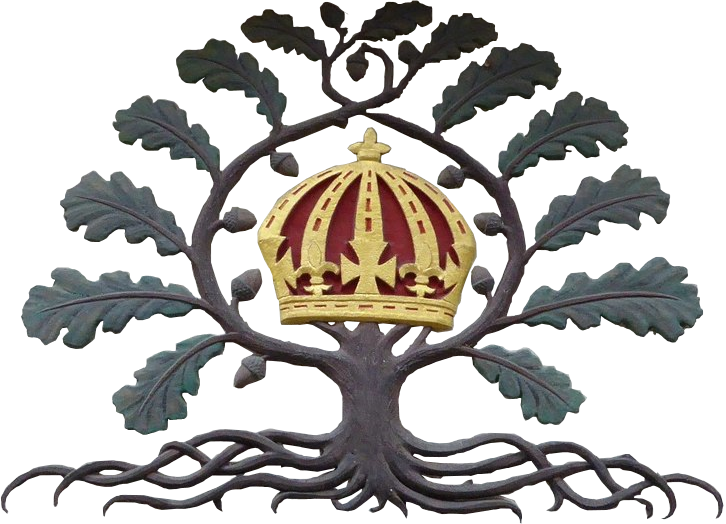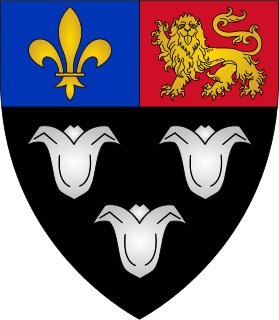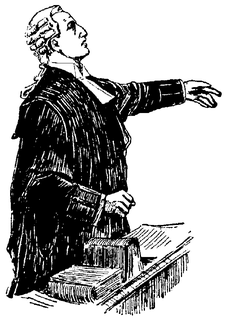
The Canadian federal election of 1993 was held on October 25 of that year to elect members to the House of Commons of Canada of the 35th Parliament of Canada. Fourteen parties competed for the 295 seats in the House at that time. It was one of the most eventful elections in Canada's history, with more than half of the electorate switching parties from the 1988 election. The Liberals, led by Jean Chrétien, won a strong majority in the House and formed the next government of Canada.

The 1906 United Kingdom general election was held from 12 January to 8 February 1906.

The 1852 United Kingdom general election was a watershed in the formation of the modern political parties of Britain. Following 1852, the Tory/Conservative party became, more completely, the party of the rural aristocracy, while the Whig/Liberal party became the party of the rising urban bourgeoisie in Britain. The results of the election were extremely close in terms of both the popular vote and the numbers of seats won by the two main parties.

Paddington North was a borough constituency in the Metropolitan Borough of Paddington in London which returned one Member of Parliament to the House of Commons of the Parliament of the United Kingdom, elected by the first past the post voting system. It was created in 1885, and abolished for the February 1974 general election.
The Bolton by-election, 1912 was a parliamentary by-election held for the British House of Commons constituency of Bolton in Lancashire on 23 November 1912. Bolton returned two Member of Parliament to the House of Commons of the United Kingdom, elected by the first past the post voting system.
The Henley by-election, 1932 was a parliamentary by-election held on 25 February 1932 for the British House of Commons constituency of Henley.
The Normanton by-election, 1904 was held to elect a member to the Parliament of the United Kingdom.
The Ashburton by-election, 1904 was a parliamentary by-election held in England on 7 January 1904 to elect a new Member of Parliament (MP) for the British House of Commons constituency of Ashburton in Devon. It was triggerred by the death of the sitting Liberal Party MP Charles Seale-Hayne.
The Buteshire by-election, 1905 was a by-election held on 3 March 1905 for the British House of Commons constituency of Buteshire.
The Cleveland by-election, 1902 was a parliamentary by-election held for the House of Commons constituency of Cleveland in the North Riding of Yorkshire on 5 November 1902.
The Leeds South by-election, 1908 was a parliamentary by-election for the House of Commons constituency of Leeds South in the West Riding of Yorkshire held on 13 February 1908.
The Manchester North West by-election was a Parliamentary by-election held on 8 August 1912. It returned one Member of Parliament to the House of Commons of the United Kingdom, elected by the first past the post voting system.
The Whitby by-election was a Parliamentary by-election. It returned one Member of Parliament to the House of Commons of the United Kingdom, elected by the first past the post voting system.
The Glasgow Central by-election was a Parliamentary by-election. It returned one Member of Parliament to the House of Commons of the United Kingdom, elected by the first past the post voting system.
The St Andrews Burghs by-election was a Parliamentary by-election. It returned one Member of Parliament to the House of Commons of the United Kingdom, elected by the first past the post voting system.
The New Forest by-election was a Parliamentary by-election. It returned one Member of Parliament to the House of Commons of the United Kingdom, elected by the first past the post voting system. It was the last by-election of the 27th Parliament to take place before the 1906 General Election.

The Unionist Free Food League was a British pressure group formed on 13 July 1903 by Conservative and Liberal Unionist MPs who believed in free trade in order to campaign against Joseph Chamberlain's proposals for Tariff Reform, which would involve an import tax on food. About 40 Conservative and 20 Liberal Unionist MPs attended the initial meeting. Former Unionist Chancellor of the Exchequer Sir Michael Hicks Beach became president of the group, replaced in October 1903 by the Liberal Unionist party leader Duke of Devonshire.

The Hampstead by-election was a Parliamentary by-election. It returned one Member of Parliament to the House of Commons of the United Kingdom, elected by the first past the post voting system.















